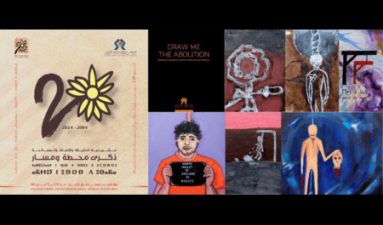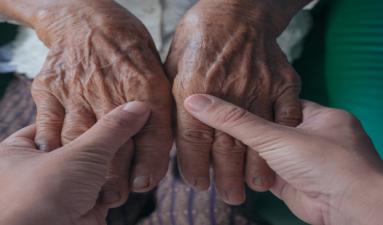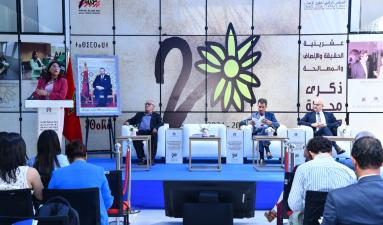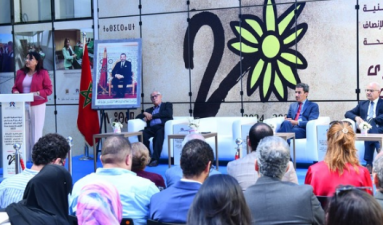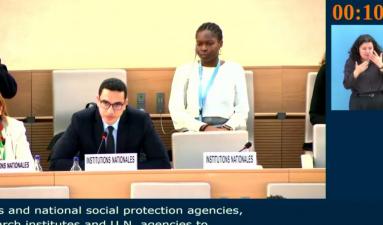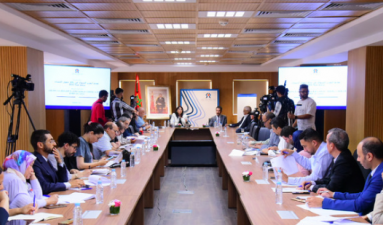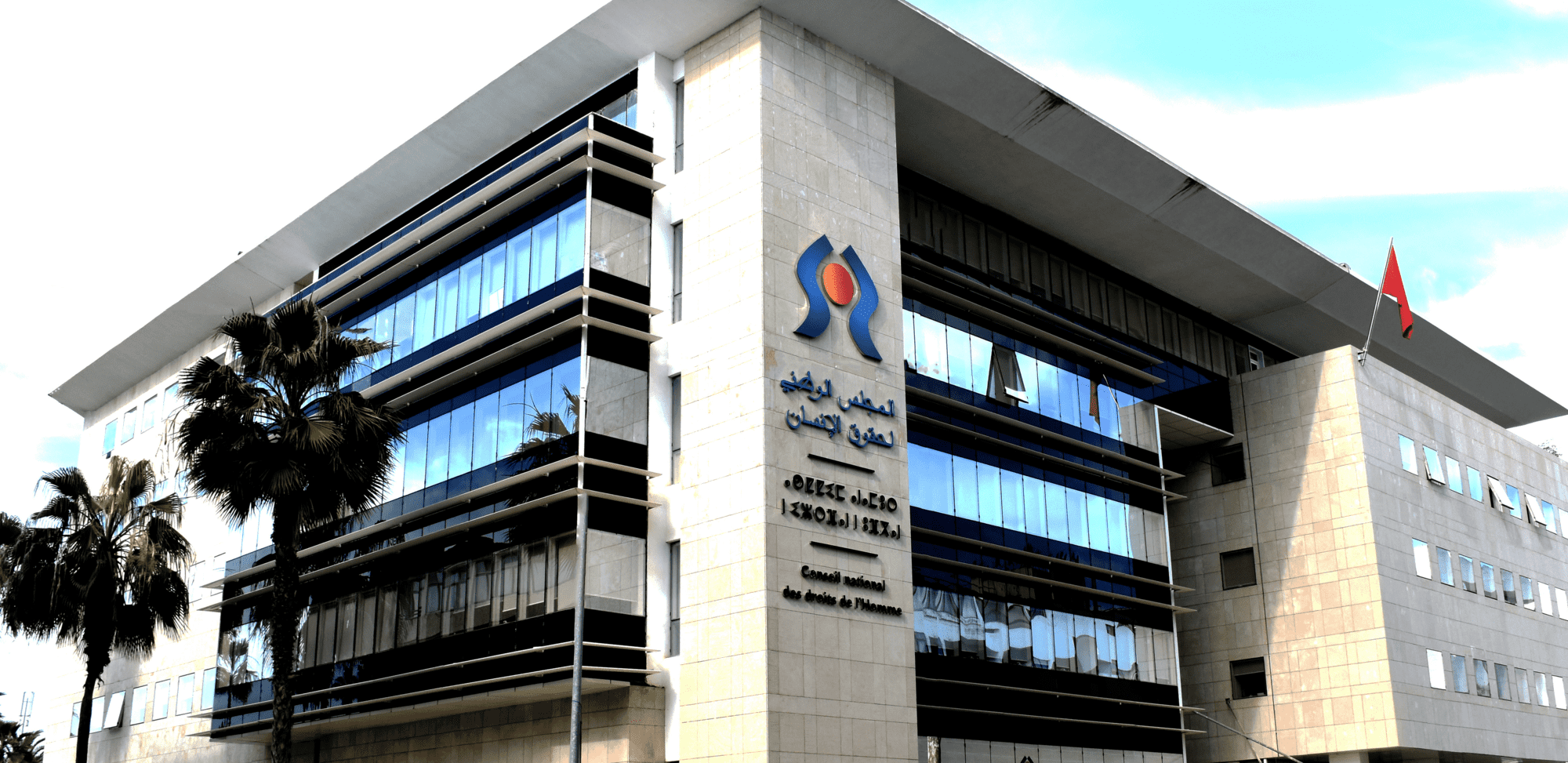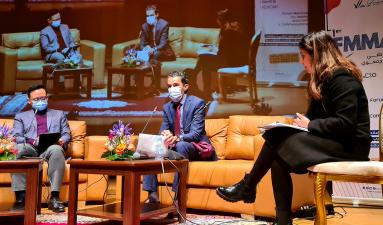The National Human Rights Council (CNDH) annual report on the situation of human rights in Morocco for the year 2020 encloses 220 thematic recommendations on the protection and promotion of human rights during the COVID-19 pandemic and 40 general recommendations aiming at developing the reality of human rights in terms of legal, institutional levels and policy framework as well as practices.
These recommendations are in line with the requirements of the Constitution and international human rights instruments. They aim at strengthening the national human rights protection system. The implementation depends on the cooperation of all stakeholders, including the government, parliament, judiciary, other relevant institutions and entities and NGOs. They are the results of the CNDH’s monitoring and following-up of 22 thematic rights and six group rights, as well as conducting 45 visits to prisons. Most of the thematic recommendations concern public authorities and the Parliament.
Thematic recommendations
Recommendations mainly concern :
- Developing a legal framework that defines and manages emergencies, taking into account the human rights approach;
- The CNDH's affirmation of the legal and practice abolition of the death penalty;
- Disseminating the results of the investigations conducted by the Public Prosecution on all deaths that occur within places of deprivation of liberty and inviting the General Delegation for Prison Administration and Reintegration (DGAPR) to communicate with hunger strikers families;
- Implementing Article 12 of the Convention Against Torture (CAT) on proceeding “to a prompt and impartial investigation wherever there is reasonable ground to believe that an act of torture has been committed (…)”, without the need for a written complaint, to protect the right to physical integrity;
- Benefiting from the lessons learned from the current pandemic crisis to accelerate the advancement of the health department;
- Establishing an independent, multidisciplinary national commission that includes scientific, ethical and political stakeholders, in line with international standards, particularly those enshrined in the Universal Declaration of Bioethics and Human Rights.
These recommendations also concern :
- Implementation of special programs to support and accompany students after the state of health emergency to protect the right to education;
- Harmonization of legal texts related to social protection with International Labor Organization (ILO) conventions;
- Subjecting measures taken to restrict freedom of movement due to the pandemic to the principles of necessity, proportionality and non-discrimination, to guarantee the right to freedom of movement;
- Review the legal requirements related to public assemblies by stipulating that the process of using force be subject to supervision by the Public Prosecution, etc.
General recommendations
The CNDH’s general recommendations published in its report revolve around four main axes:
1- Morocco’s convention practice area and its interaction with the international human rights system;
2- Legal framework mainly concerns:
-Abolition of the death penalty,
-Reviewing and harmonizing draft laws or proposals related to social protection and health coverage with ILO conventions,
-Reviewing the legal requirements relating to associations,
-Amending all provisions of the Criminal Code related to the freedom of expression,
-Establishing a legal framework to organize remote trials in respect of the principle of procedural criminal legality,
-Repealing or amending all legal requirements that may discriminate against women to implement the principles of equality and parity enshrined in the Constitution,
-Reviewing and amending the family code to be in line with the principles of the Constitution and international conventions, etc.
3- Institutional field;
4- Public policies, programs, practices, etc.

